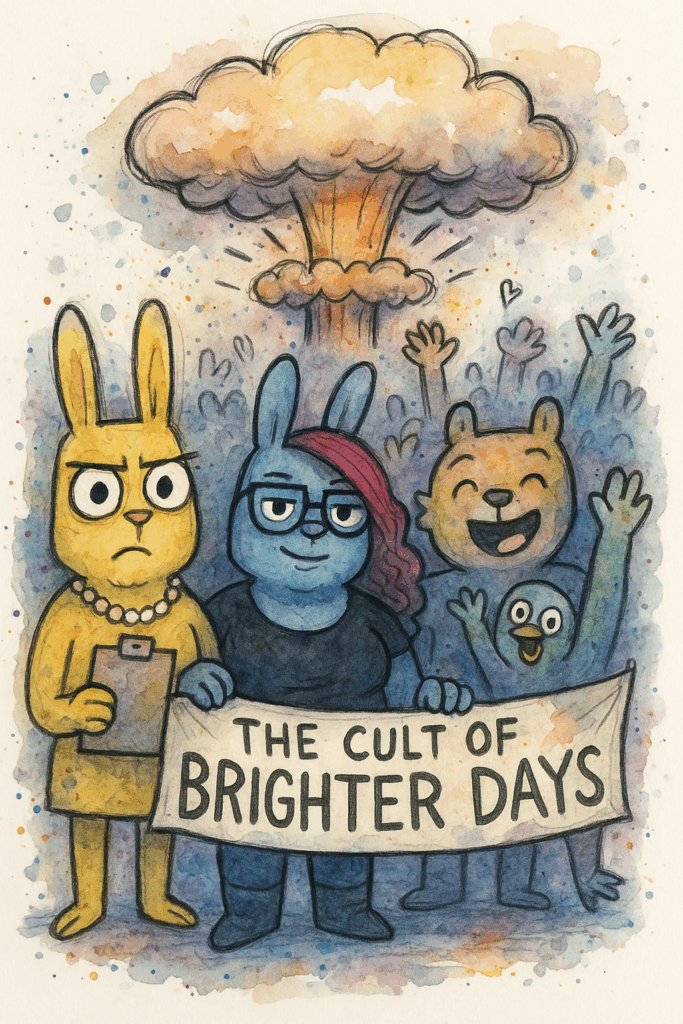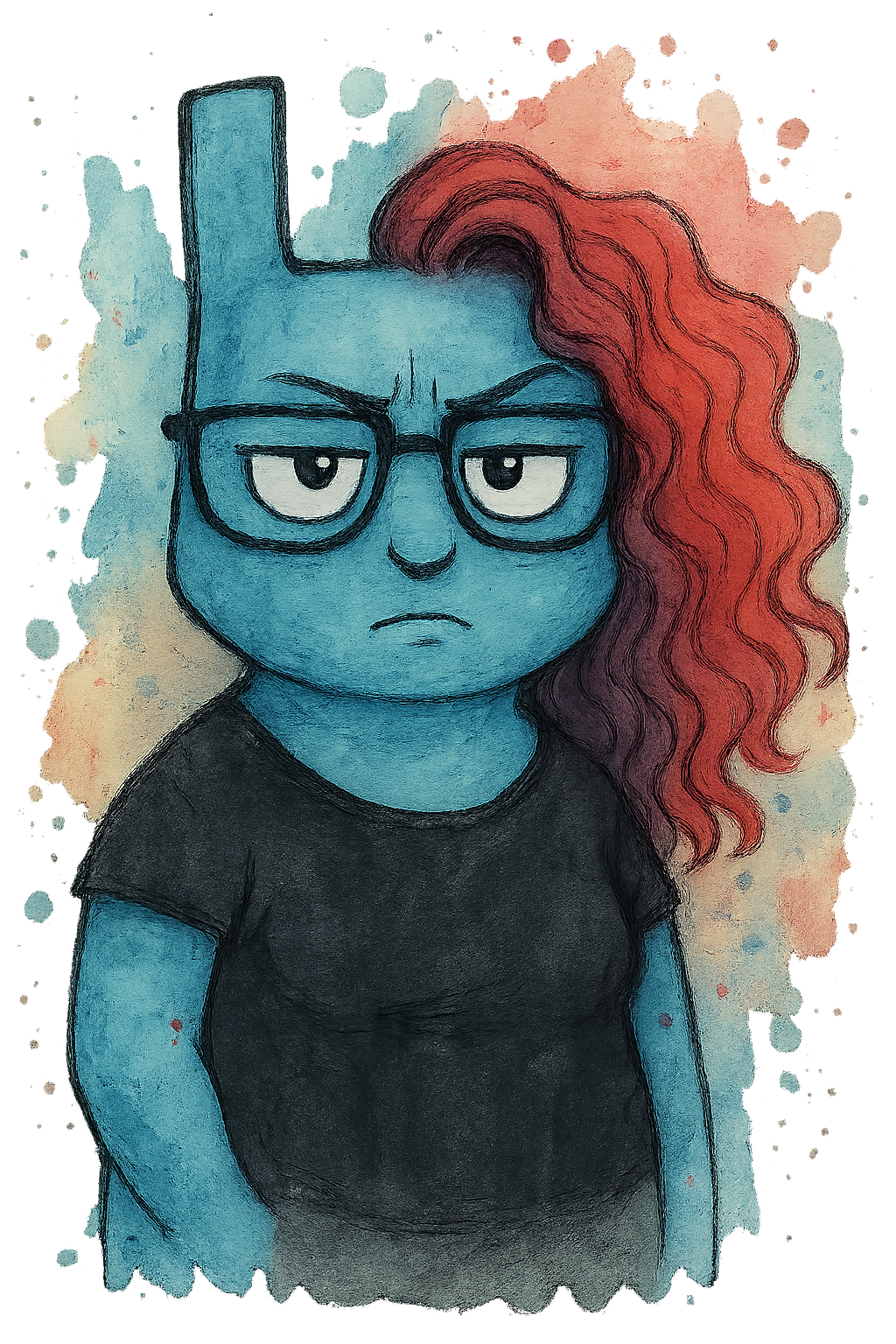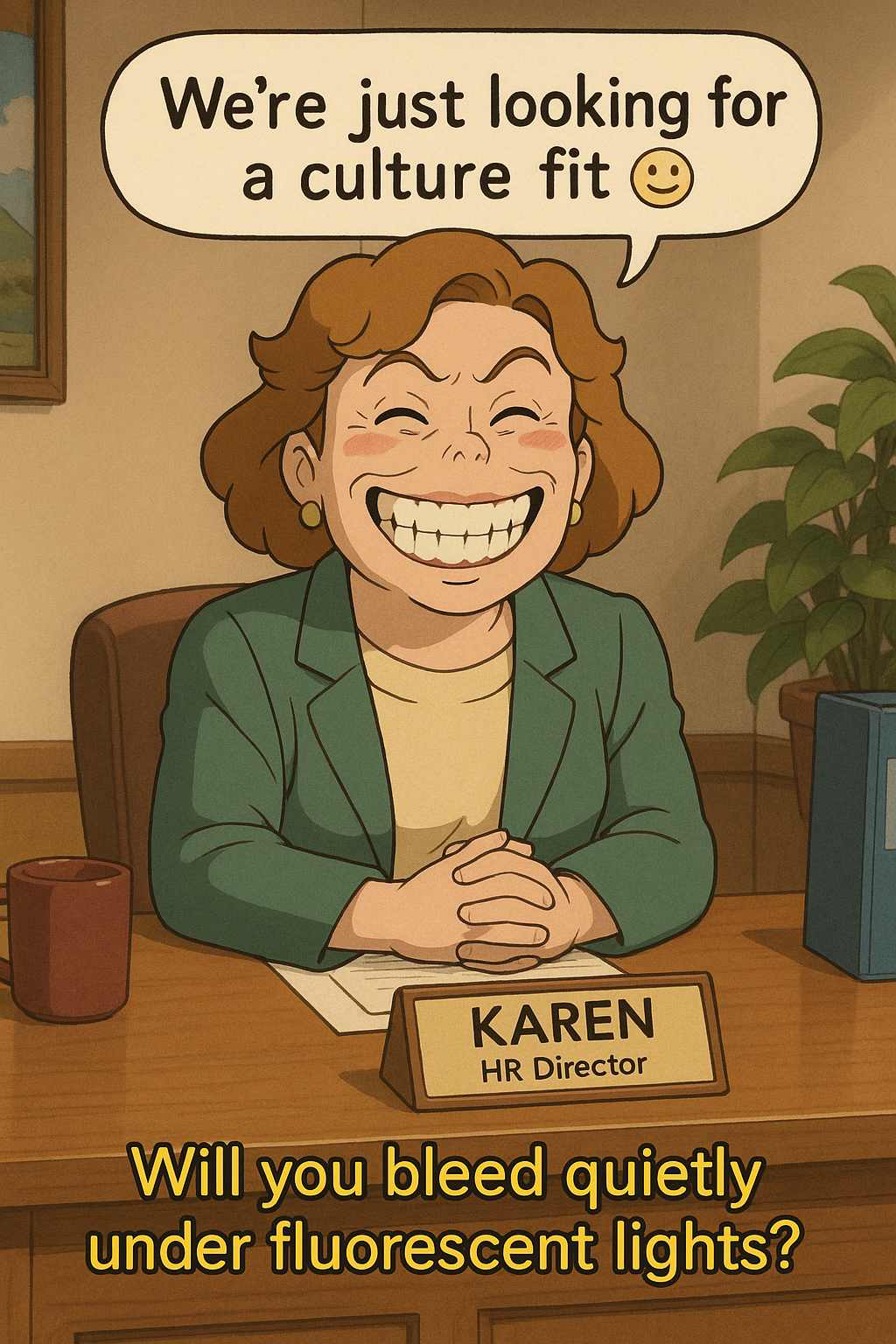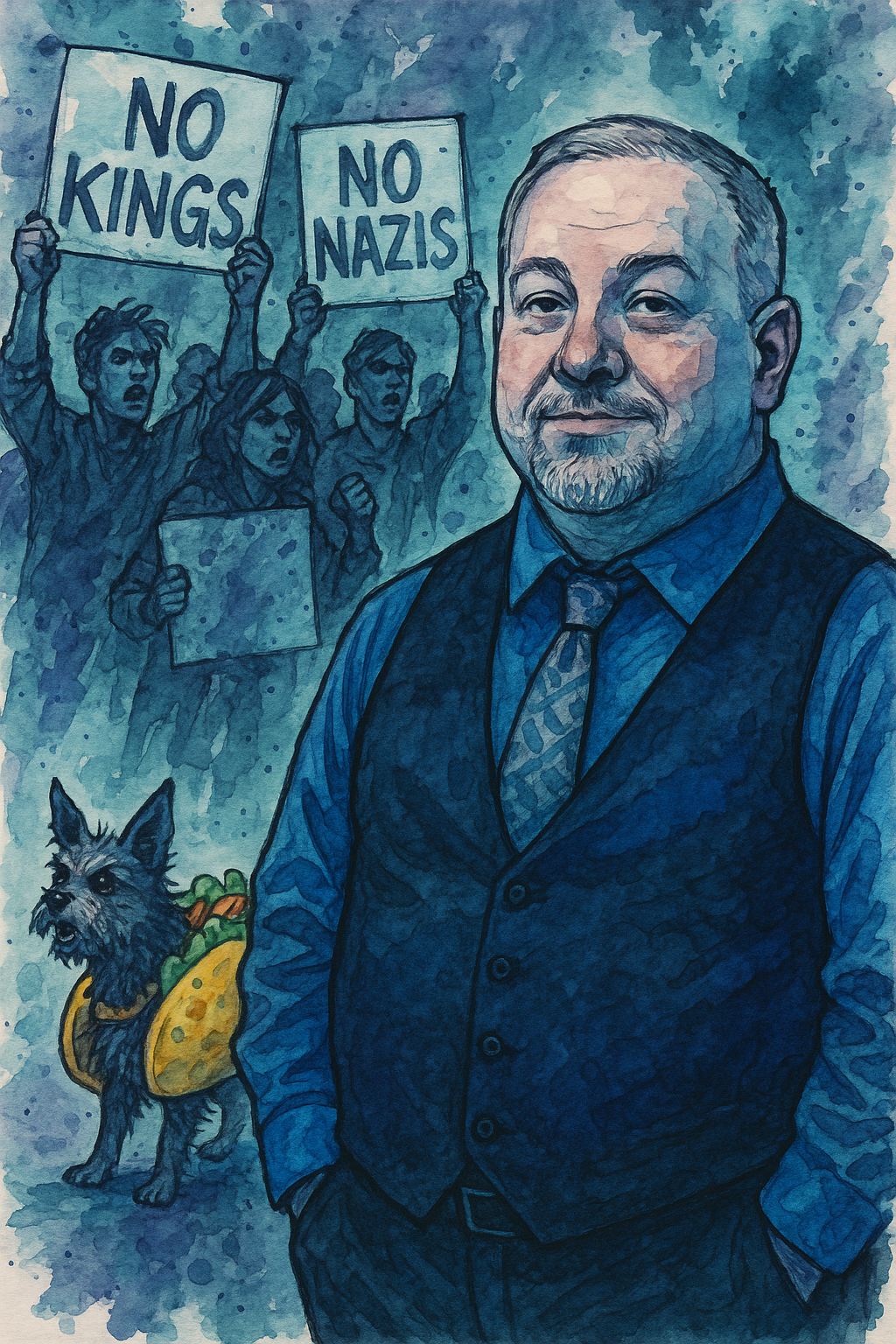In this glittering, algorithmically-generated disaster of a world, we are taught to throw ourselves at every broken thing like it’s a moral pop quiz. See suffering? Fix it. Hear pain? Intervene. Burn out? Bonus points.
We’ve been conditioned to believe that compassion is a race and the winner gets to call themselves “a good person.”
But what if fixing isn’t always the answer?
What if deciding what needs fixing—and how—isn’t your job?
What if assuming it is… is actually harm dressed up as help?
The Savior Complex has a Rebrand—Now With Hashtags
Let’s talk about Molly. She isn’t a therapist. She has no education on how to heal someone’s traumatic wounds. She’s just deeply compassionate—an unpaid emotional EMT with a history of people-pleasing and exactly zero boundaries. Last week, she spent four hours trying to “fix” her friend’s breakup, two more hours DM’ing someone through a panic spiral, and skipped her doctor’s appointment because she “didn’t want to let anyone down.”
Molly isn’t helping.
She’s trespassing.
Not maliciously.
But when your need to help overrides someone else’s actual needs—or when you jump in with solutions no one asked for—you’ve stopped being kind. You’ve started being entitled.
The Cult of Brighter Days doesn’t glorify the fixer.
We don’t sanctify burnout.
We don’t call over-functioning “holy.”
We honor the witness.
The one who knows their role.
The one who can sit in discomfort without trying to rearrange it.
Because sometimes what looks broken to you? Isn’t.
Sometimes what feels urgent to you? Isn’t yours.
Sometimes what you think is “helping”? Isn’t help at all—it’s interference.
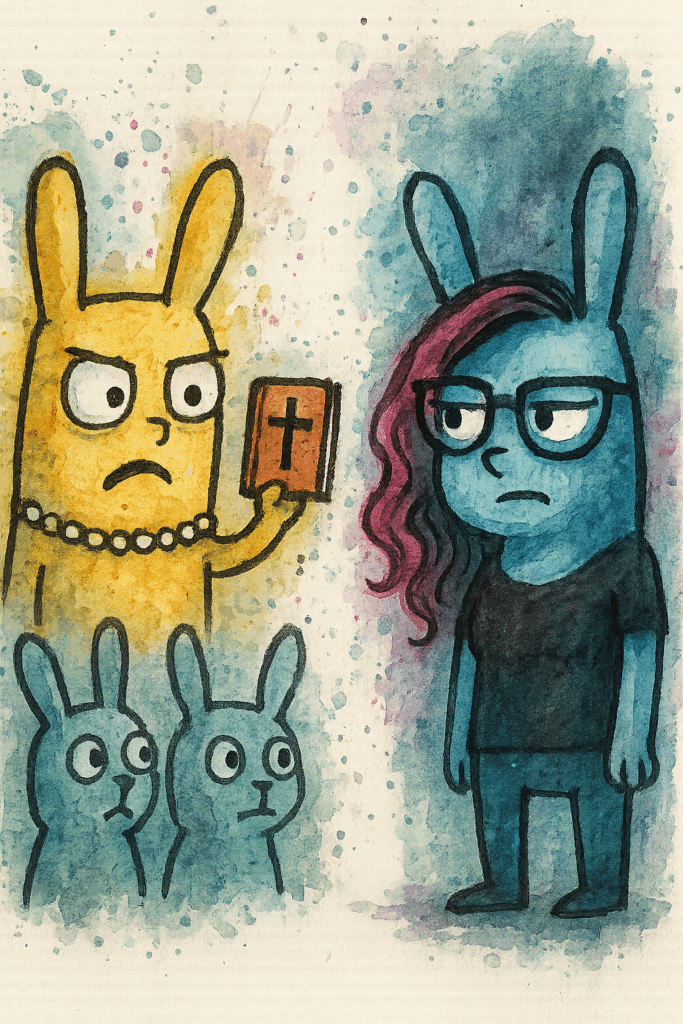
“But I just want to make it better…”
Of course you do. We’re meaning-making creatures with a desperate need for control. Fixing makes us feel useful. Powerful. Good.
But be careful: Fixing can be a form of domination wearing empathy’s clothes.
Because who gets to decide what “better” means?
You?
From your vantage point?
With your assumptions about what wholeness should look like?
You can’t colonize someone’s healing process just because their pain makes you uncomfortable.
Example: The Friend Who’s Not Asking for Advice
She says, “I’m hurting.”
You hear, “Solve me.”
But what if she wasn’t broken?
What if she didn’t want your five-point action plan or your TED Talk about emotional regulation?
What if she just wanted to be heard?
To hold space without trying to repave it with your own map is a spiritual discipline.
To trust that other people have wisdom you don’t see—that’s maturity.
“So I just do nothing?”
No. You listen. You stay. You grieve alongside.
But you stop assuming that your presence requires intervention.
You stop assuming you understand the situation better than the person living it.
You stop editing someone else’s narrative with your pen.
Sometimes the most ethical thing you can say is:
- I see this.
- I grieve this.
- And I trust that how it unfolds isn’t mine to control.
Because fixing isn’t neutral.
It reflects a worldview.
One where your perspective is central.
Where pain must be eliminated, not integrated.
Where control is kindness and discomfort is a problem to eliminate rather than a signal to understand.
Let go of the myth that you’re the hero.
Let go of the fantasy that healing means “returning to what makes you comfortable.”
Let go of the idea that ethics = efficiency = erasure of struggle.
Because sometimes the kindest, wisest, most radical thing you can do… is nothing.
Not because you don’t care.
Because you care enough not to interfere.
We are not building a world that needs you to be all-knowing.
We’re building one where humility is part of the architecture.
Where boundaries aren’t barriers—they’re trust in action.
Where care doesn’t require control.
Let the world be mended by many hands.
Let yours rest.
Let others define their own repair.
That, too, is love.
